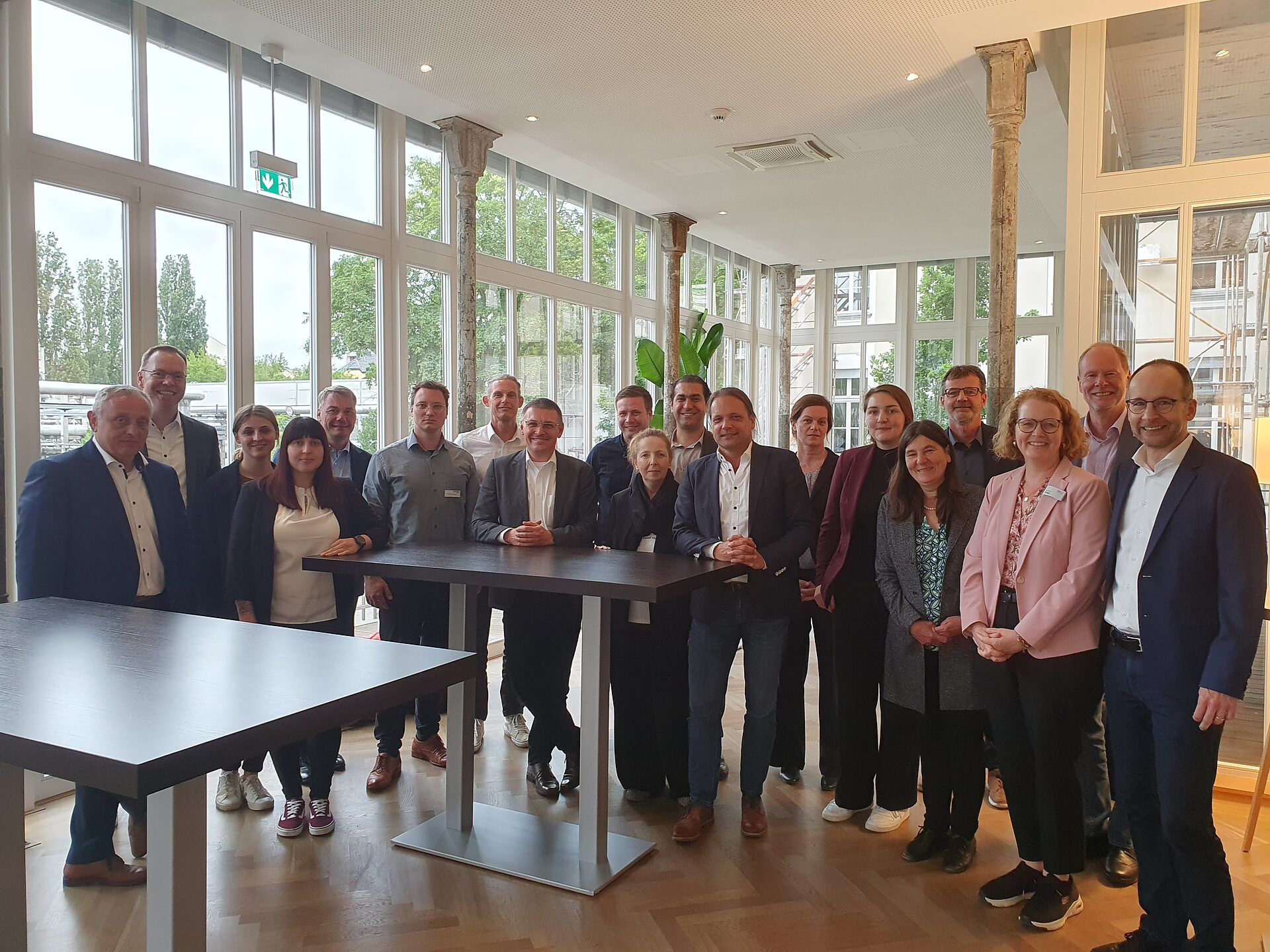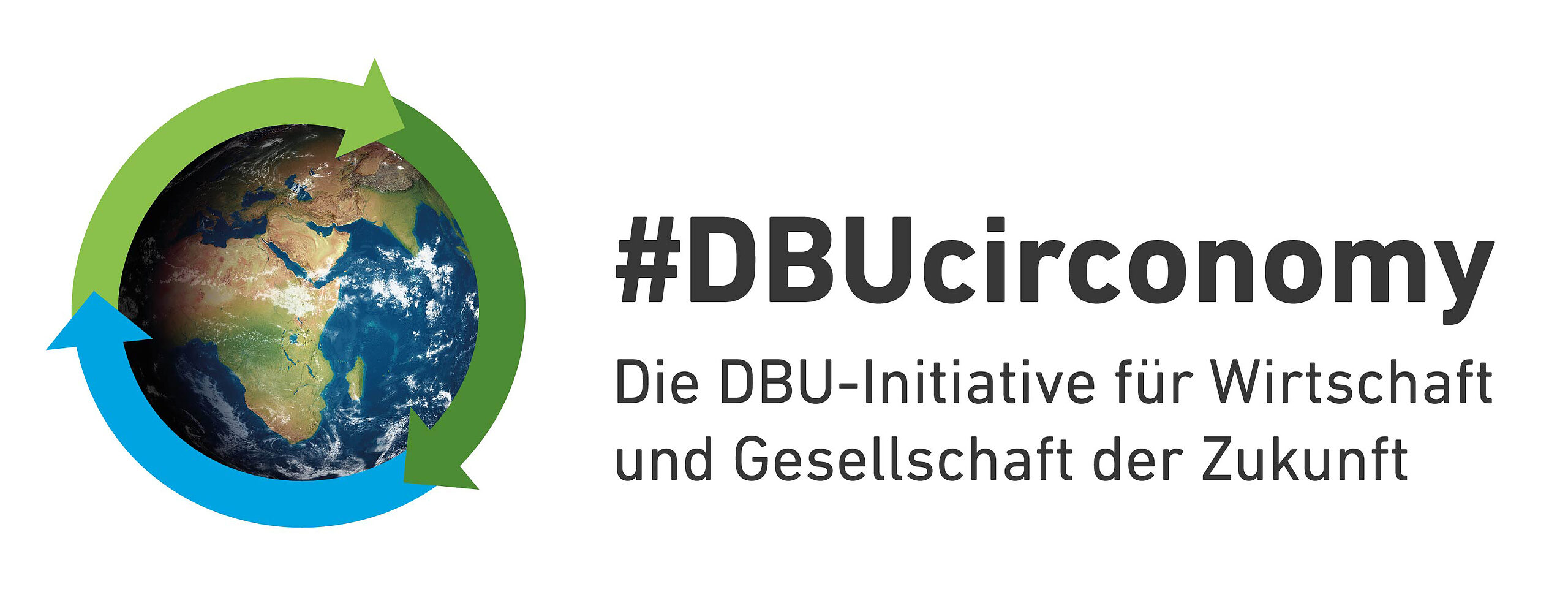
Circular economy in the health care sector
In order to achieve climate-neutral and resource-saving healthcare, the DBU launched the funding initiative “CirculAid – Circular Economy in Healthcare”. It was primarily open to small and medium-sized enterprises (SMEs) and research institutions and was aimed at manufacturers of chemical-pharmaceutical products and medical technology devices, service providers and consulting firms in the healthcare sector, hospitals, rehabilitation clinics, retirement and nursing homes and doctors’ surgeries, as well as universities and training institutions in the medical field. The application deadline for the initiative has expired, but new project outlines on the topic can be submitted via the general DBU project funding.
A detailed description of the CirculAid funding initiative can be found here.
High resource consumption in the healthcare sector

Health is a great good, but the consumption of resources in the German healthcare system must be described as unhealthy: in 2016, the healthcare sector consumed 107 million tons of raw materials – that is 1.3 tons per inhabitant*. Since 1995, resource consumption has increased by around 80 percent and now accounts for five percent of Germany’s total consumption of raw materials. The healthcare sector (inpatient and outpatient) is thus responsible for a significant share of Germany’s raw materials balance.
At the same time, the healthcare sector produces significant and increasing amounts of waste. Hospitals are the fifth-largest waste producer in Germany, generating 4.8 million tons of waste per year, according to 2014 surveys. Large amounts of waste are also generated in other healthcare facilities such as rehabilitation clinics, nursing homes and doctors’ offices. Disposable products of all kinds have often displaced multiple use and circular economy in healthcare today, and the avoidance and recovery of recyclables is not the norm.
The current framework conditions make it difficult to use resources more sparingly in the healthcare system. Incentives for resource conservation are lacking, as are clear responsibilities, guidelines, standards and strategies, practical examples, or product-specific information that would enable decisions for greater sustainability.
DBU funding for climate-neutral and resource-conserving healthcare
With its initiative for the economy and society of the future #DBUcirconomy, the DBU supports an expanded circular economy that takes the entire product life cycle into account and offers an alternative to the linear “take – make – waste” concept of value creation that has also become established in the healthcare industry.

In order to achieve climate-neutral and resource-conserving healthcare, the DBU currently sees a great need for innovative, exemplary and selectively implemented lighthouse projects that demonstrate concrete solutions for the responsible and economical use of resources as “proof of concept”.
In particular, innovative, model projects on the following key topics are eligible for funding:
- Circular design of products and processes
- Waste and resource management
- Evaluation concepts (socio-economic innovations)
- Platforms, networks and qualification measures
If you have any questions about funding, please get in touch with us, see contact details below.
Projects of the funding initiative
More than 78 project outlines covering a wide range of topics were submitted by the March 22, 2020 deadline. Of these, 19 projects were shortlisted, from which an expert jury and the DBU’s Board of Trustees selected the following projects with a total of 3 million euros.
Contact
Dr. Melanie Kröger
Dr. Volker Berding
Dr. Hans-Christian Schaefer
Promotionsstipendienprogramm